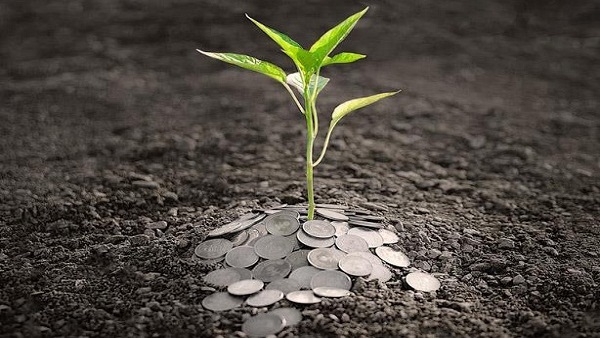Alqutubul Ghouz Syed Abulhasan Shaduli (RA)
April 14, 2023

When examining Islamic laws authoritatively, one of the very important concepts is Waqf and the conditions related to it. The word "Waqf" in Arabic means "to control." In Islamic jurisprudence, Waqf refers to the act of dedicating ownership of a property to Allah while allowing its benefits to be used by the public.
Waqf is usually maintained for mosques, Eid grounds, charity institutions, and the like. For example, if a person dedicates a piece of land, that land and all its income will forever remain for Allah's common use. This Waqf cannot be sold, gifted, or repurposed.
One of the most notable historical examples is the Waqf made by Uthman ibn Affan (RA). During a severe water shortage in Madinah, Prophet Muhammad (SAW) encouraged Uthman (RA) by offering Paradise in exchange for securing a water source. Uthman (RA) purchased the well for 35,000 dirhams (equivalent to approximately 86.5 million rupees today) and then dedicated it as a Waqf.
There are three main types of Waqf laws in India:
1. Waqf Naam: Properties with precise documentation.
2. Oral Waqf: Properties without documentation, simply declared as Waqf.
3. Waqf by Use: Properties that have been used for a certain purpose and have thus become active Waqf properties.
According to the new Waqf Awareness Bill introduced by the central government, the control of Waqf properties is becoming more government-oriented. This law will impact the status of Waqf properties, particularly these lands and institutions.
With the appreciation of the Muslim community, the responsibility to protect Waqf properties is an obligation for every individual. It is our moral duty to safeguard Waqf properties from government regulations and to ensure that their benefits are available for public use.
May our efforts to reclaim lost Waqf properties and protect the existing ones help us attain Allah's mercy. .